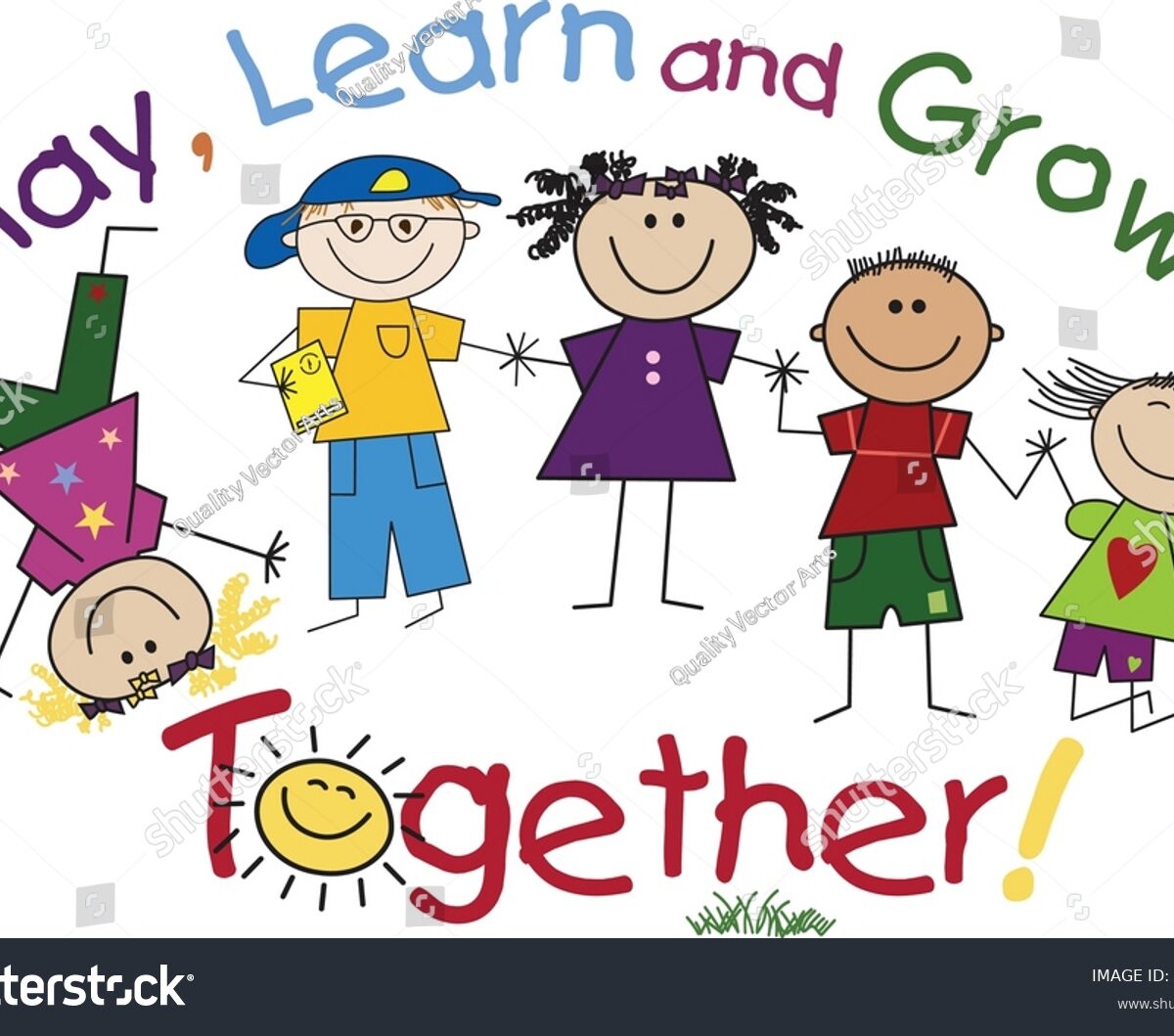Embarking on the journey of personal development as a student is like planting seeds of potential and watching them blossom into success. It’s about honing your skills, expanding your horizons, and becoming the best version of yourself. In this ultimate guide, we’ll explore how personal growth can transform your academic life and set you on the path to greatness. So buckle up, get ready to learn, and let’s dive into the world of self-improvement together!
Understanding Personal Development
Personal development is all about self-improvement and growth, both personally and professionally. It’s a journey of introspection, learning, and evolving into the best version of yourself. By understanding your strengths, weaknesses, values, and goals, you can embark on a path towards continuous improvement.
Self-awareness plays a crucial role in personal development. It involves recognizing your emotions, thoughts, and behaviors to better understand yourself. Through self-reflection and introspection, you can identify areas for growth and enhancement.
Setting aside time for self-care is also essential in personal development. Taking care of your physical, mental, and emotional well-being lays the foundation for personal growth. Whether it’s through exercise, mindfulness practices or hobbies that bring you joy – nurturing yourself is key to overall development.
In essence,
personal development is a lifelong journey that requires dedication,
self-discipline,
and a willingness to step out of your comfort zone.
It’s about embracing change,
challenging yourself,
and striving for continual improvement
in all aspects of life.
Benefits of Personal Development for Students
Personal development for students is like planting seeds of growth that blossom into a fruitful future. It’s not just about grades, but about becoming the best version of yourself. By engaging in personal development, students can enhance their self-awareness and emotional intelligence, paving the way for better relationships and communication skills.
Moreover, personal development empowers students to set clear goals and strive towards achieving them with determination and resilience. It cultivates a mindset of continuous learning and improvement, fostering adaptability in the face of challenges.
Through personal development, students gain valuable life skills such as time management, organization, and critical thinking – essential assets both in academic pursuits and future careers. It instills confidence and boosts self-esteem by celebrating achievements no matter how small they may seem at first glance.
Embracing personal development as a student opens doors to endless possibilities for growth and success in all areas of life.
Setting Personal Development Goals as a Student
Setting personal development goals as a student is crucial for growth and success. Start by reflecting on what areas of your life you want to improve – whether it’s academic, personal, or professional. Be specific in defining your goals; vague objectives can be hard to achieve. Break down your overarching goals into smaller, manageable steps that you can work on daily or weekly.
It’s important to set realistic deadlines for each goal to keep yourself accountable and motivated. Write down your goals and revisit them regularly to track your progress. Stay flexible and open-minded as you work towards achieving your aspirations; adjustments may be necessary along the way.
Seek support from friends, family, mentors, or counselors who can provide guidance and encouragement. Remember that setbacks are normal – view them as opportunities for learning and growth rather than failures.
Stay committed to your personal development journey and celebrate small victories along the way!
Time Management and Organization Tips for Personal Growth
Time management and organization are key components of personal growth for students. To make the most of your time, start by prioritizing tasks based on deadlines and importance. Create a daily or weekly schedule to allocate specific time slots for studying, assignments, extracurricular activities, and personal time.
Use tools like planners, calendars, or apps to keep track of your schedule and set reminders for important deadlines. Breaking down larger tasks into smaller ones can help you stay focused and motivated. Develop effective study habits by finding a quiet and organized space to work in.
Eliminate distractions like social media or TV during study sessions to improve concentration. Set realistic goals for yourself and celebrate small achievements along the way. Remember that it’s okay to ask for help or delegate tasks when needed.
By mastering time management skills and staying organized, you’ll not only boost your productivity but also reduce stress levels in the long run.
Incorporating Personal Development into Academic Life
When it comes to personal development, students often overlook the impact it can have on their academic life. Incorporating personal growth practices into your daily routine can enhance your overall well-being and success as a student.
One way to blend personal development with academics is by setting specific goals for self-improvement alongside your study objectives. This could involve improving time management skills, maintaining a healthy work-life balance, or developing effective communication abilities.
Another key aspect of integrating personal development into academic life is cultivating a growth mindset. Embracing challenges, seeking feedback for improvement, and staying resilient in the face of setbacks are all essential components of this mindset that can positively influence your educational journey.
Moreover, engaging in activities outside of your academic curriculum such as volunteering, joining clubs or pursuing hobbies can contribute significantly to your personal growth. These experiences offer opportunities for skill-building, networking and self-discovery that complement formal education.
By consciously weaving personal development strategies into your academic routine, you not only enhance your learning experience but also prepare yourself for future endeavors beyond the classroom.
Conclusion
Personal development is a journey that every student should embark on to reach their full potential. By understanding personal development, setting goals, managing time effectively, and incorporating growth into academic life, students can enhance their skills and mindset for success not only in school but also in the future. Remember, personal development is an ongoing process that requires commitment and dedication. Embrace the opportunity to learn and grow as a student – you have the power to shape your own path towards a brighter tomorrow!





